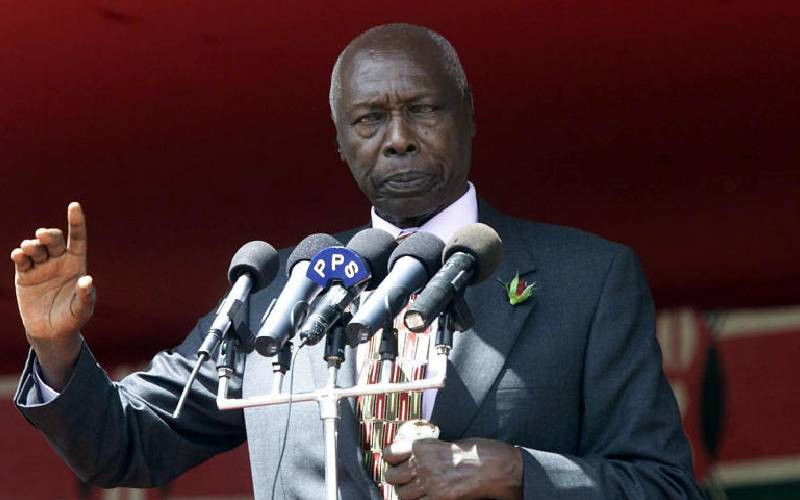×
The Standard e-Paper
Stay Informed, Even Offline

On February 4, 2024, President Daniel Arap Moi's family and close friends assembled at Kabarak to celebrate the late president's fourth death anniversary.
In developed democracies, they curate their national history without leaving any of their past leaders behind. In every leader that a democracy produces, there are lessons to be learnt. These lessons act as foundations to steer a democracy toward the desired state.